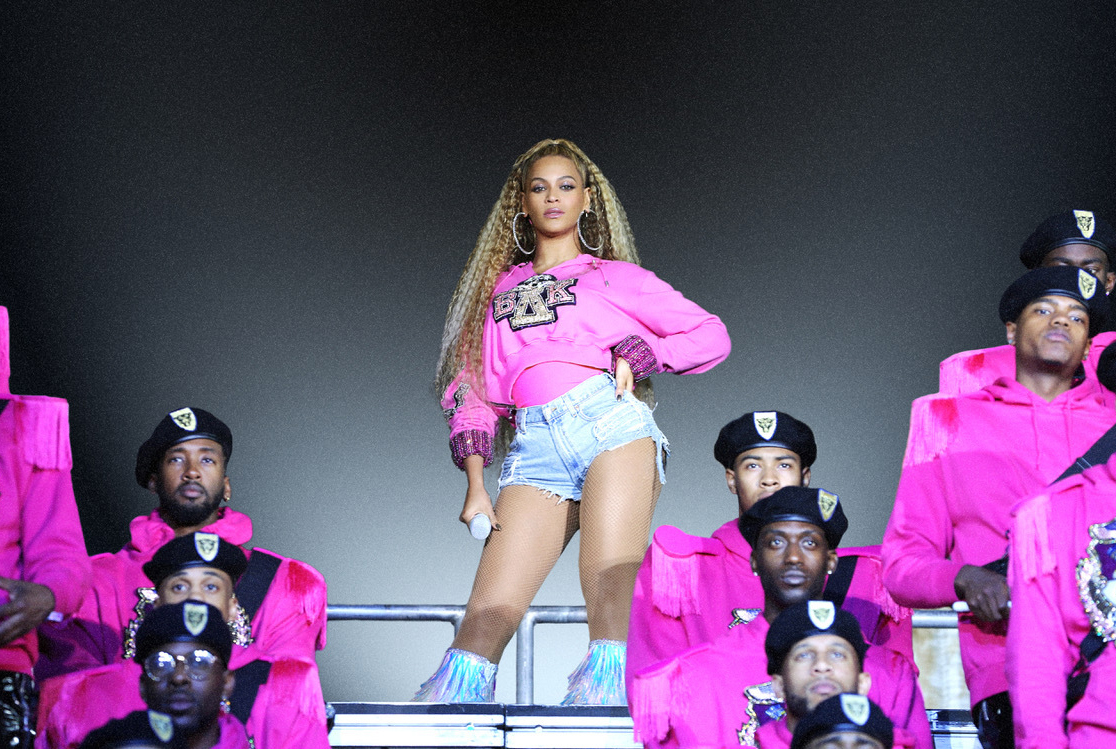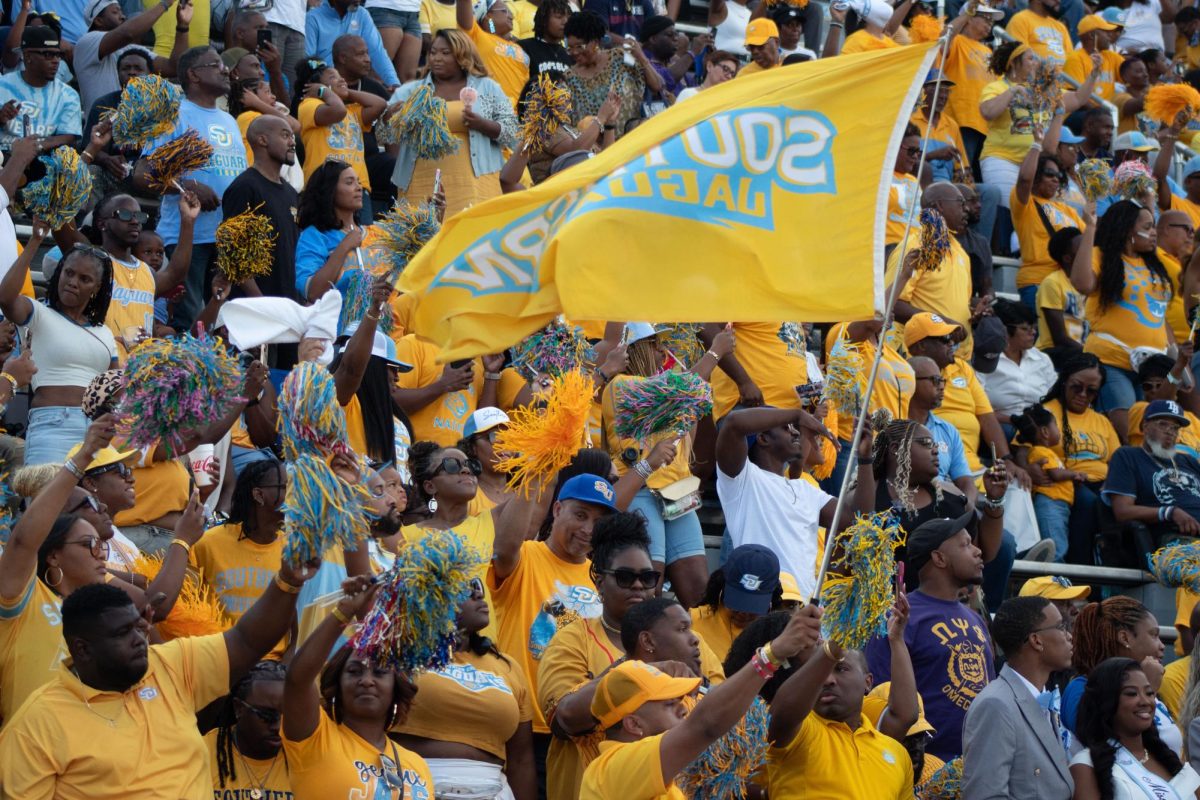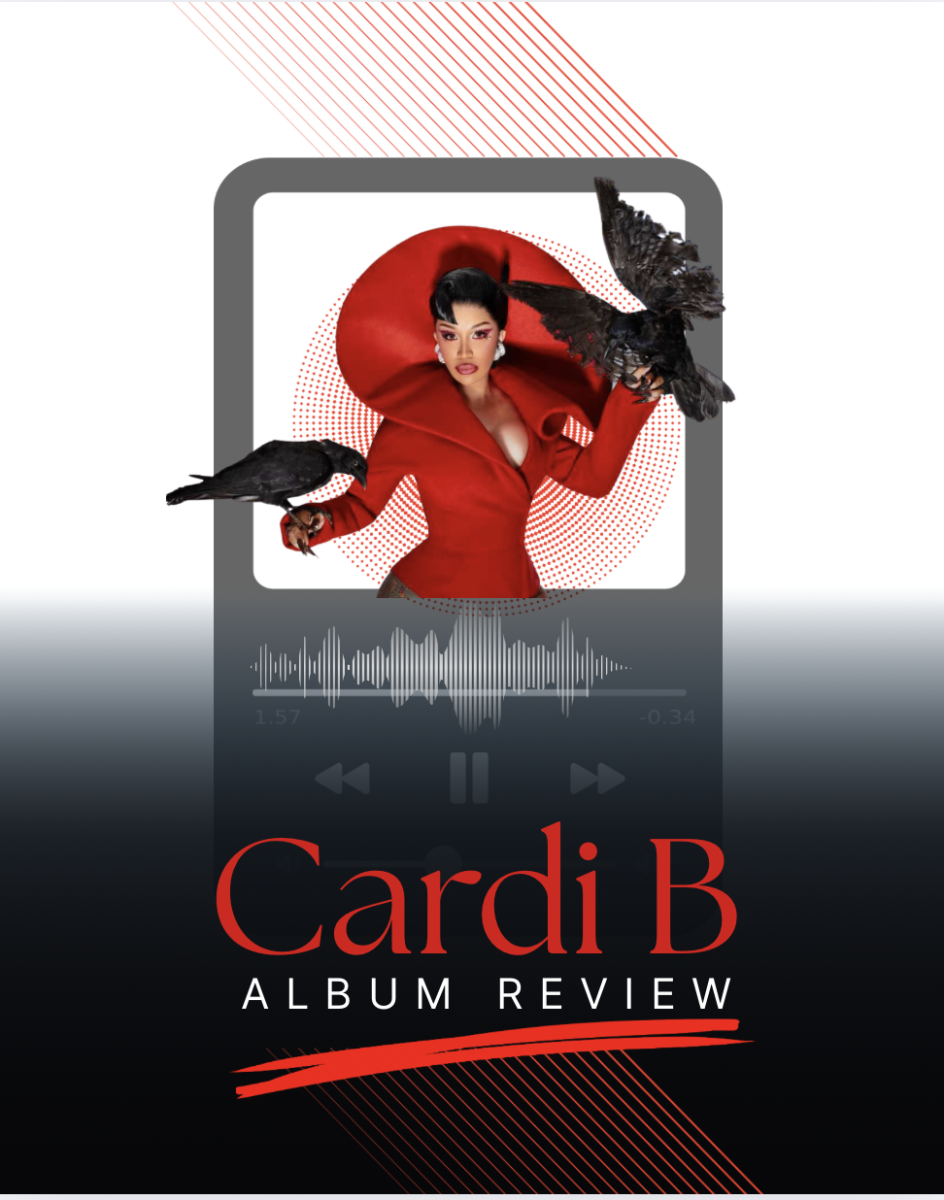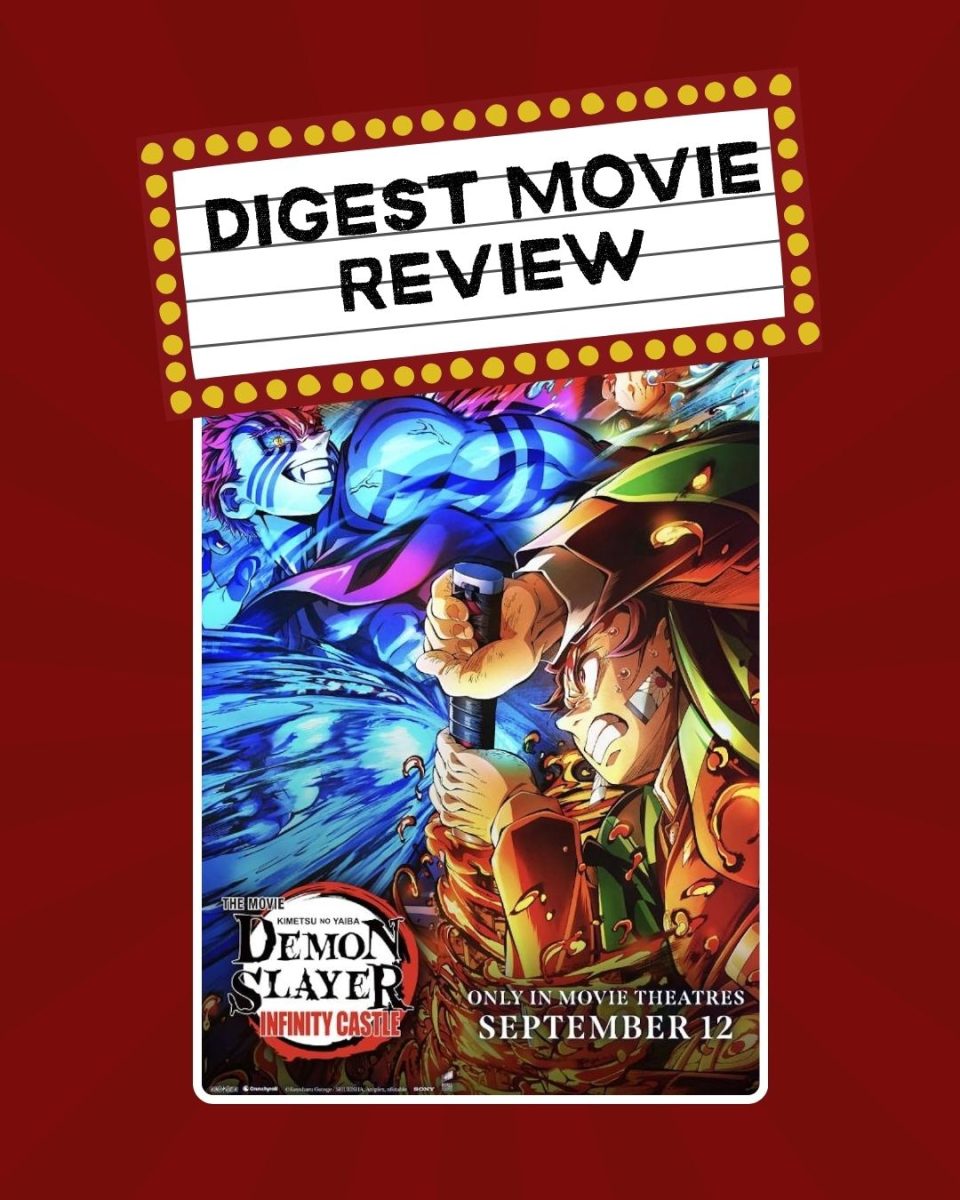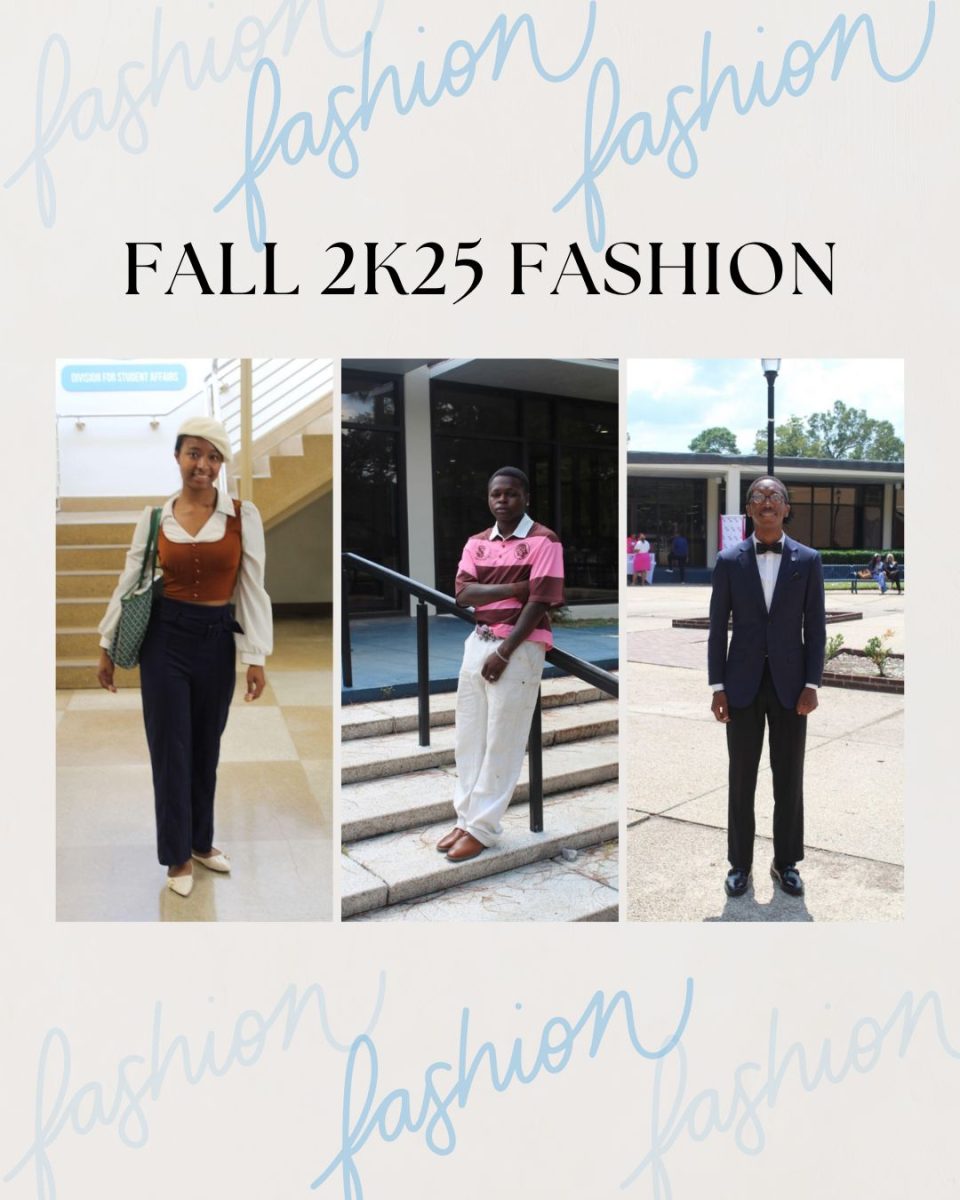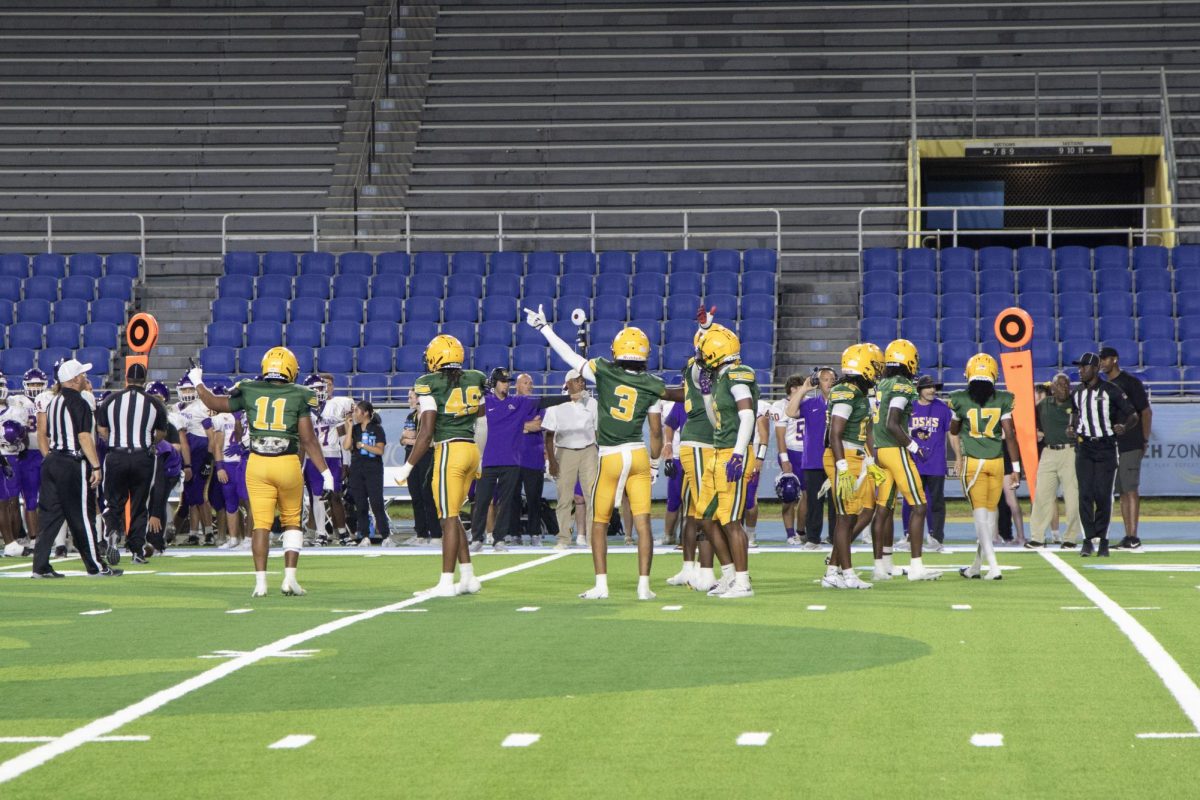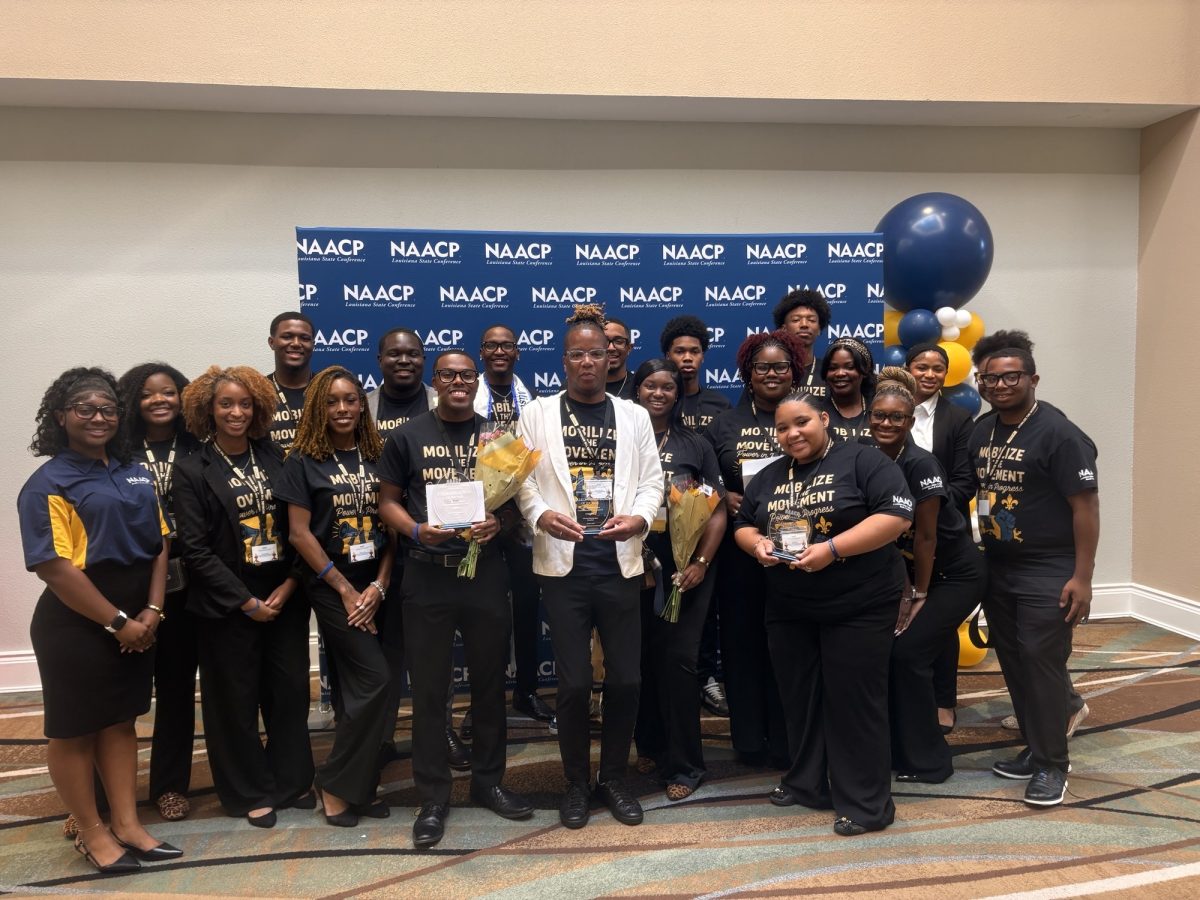In the middle of Indio, California, whatever performance an artist brings into the 78 acres of The Coachella Valley Music and Arts Festival is often regarded as one of the most important testaments to their career. On April 14 and 21 of 2018, the festival hosted an important point in its history. Beyoncé Knowles-Carter became the first Black woman to headline the festival. This performance has been regarded by critics loudly, with journalists such as Jon Caramanica expressing that, “there’s not likely to be a more meaningful…performance by an American musician…than Beyoncé’s headlining set.”
The importance of her performance was not simply left as a moment of the past. A year later Beyoncé has released a documentary on Netflix, Homecoming. Within the 137 minutes of the film, she highlights the inspiration drawn from Historically Black Colleges and Universities (HBCUs) in her performance, as well as commentary on her preparation for the event. It features spoken and written word from deceased writers Dr. Maya Angelou and Audre Lorde, as well as HBCU attendees W.E.B. Du Bois, Alice Walker and Toni Morrison. Throughout the documentary, Beyoncé accounts how her pregnancy affected the event, particularly how she was forced to postpone performance to 2018. She also revealed how, at the time she went into labor with her twins Rumi and Sir Carter, she weighed 218 pounds and suffered from preeclampsia. Following these complications and her labor, she endured 8 months of musical and dance training, while maintaining a diet made up of virtually nothing but fruit, vegetables and water.
However, Beyoncé’s Homecoming has not been simply recognized for how it explained the coming together of her performance, but mainly for how it highlighted the importance of HBCUs. She references her father exposing her to the culture of HBCUs at a young age, himself being a graduate of Fisk University in Nashville, Tennessee. The documentary also featured the clips of the work of Southern alumni and students, such as Kayla Pittman and Youtuber known as Trin.t. Pittman took to her Instagram to express her appreciation, “The Fabulous Dancing Dolls, The Human Jukebox of Southern University, & Historically Black Colleges/Universities have BEEN etched in history…but it’s always our duty to continue the legacy…that NOBODY does it better! & that goes for every HBCU student, alum, teacher, admin, or supporter out there!”
Throughout the documentary, there is a glimpse into how the alumni and students brought truth and tradition into her performance, and the necessity of the legacy of HBCUs. Dawn Williams, Dean of Education at Howard University, expressed her own thoughts on this legacy, “This is why HBCUs were so important, because they were formed and opened their doors for those who were sons and daughters of slaves to become educated…We have seen a recent uptick in applications at HBCUs, and this is no coincidence. We have seen today in society that there have been environments that have not been very welcoming for African American communities.” The film features a band put together by Don P. Roberts, the former Music Coordinator at Southwest DeKalb High School. Roberts, a graduate of Florida A&M University, was also the executive band consultant for the 2002 film Drumline. He also serves as the CEO of Drumline Live, members of this show also being included in the Coachella set. Drumline live was chosen to bring its own as well as outside musicians trained at HBCUs, such as Slater Thorpe, who played the role of the announcer for the band. He regarded the event as very important for HBCUs saying, “Beychella is going to be the most impactful thing to happen to HBCUs. It’s going to increase…college enrollment. I think she actually made musical history.”
Categories:
Beyoncé’s Homecoming: HBCU Tribute
April 29, 2019
This image released by Netflix shows Beyonce in a scene from her documentary “Homecoming: A Film by Beyoncé.” (Parkwood Entertainment/Netflix via AP)
0
More to Discover
